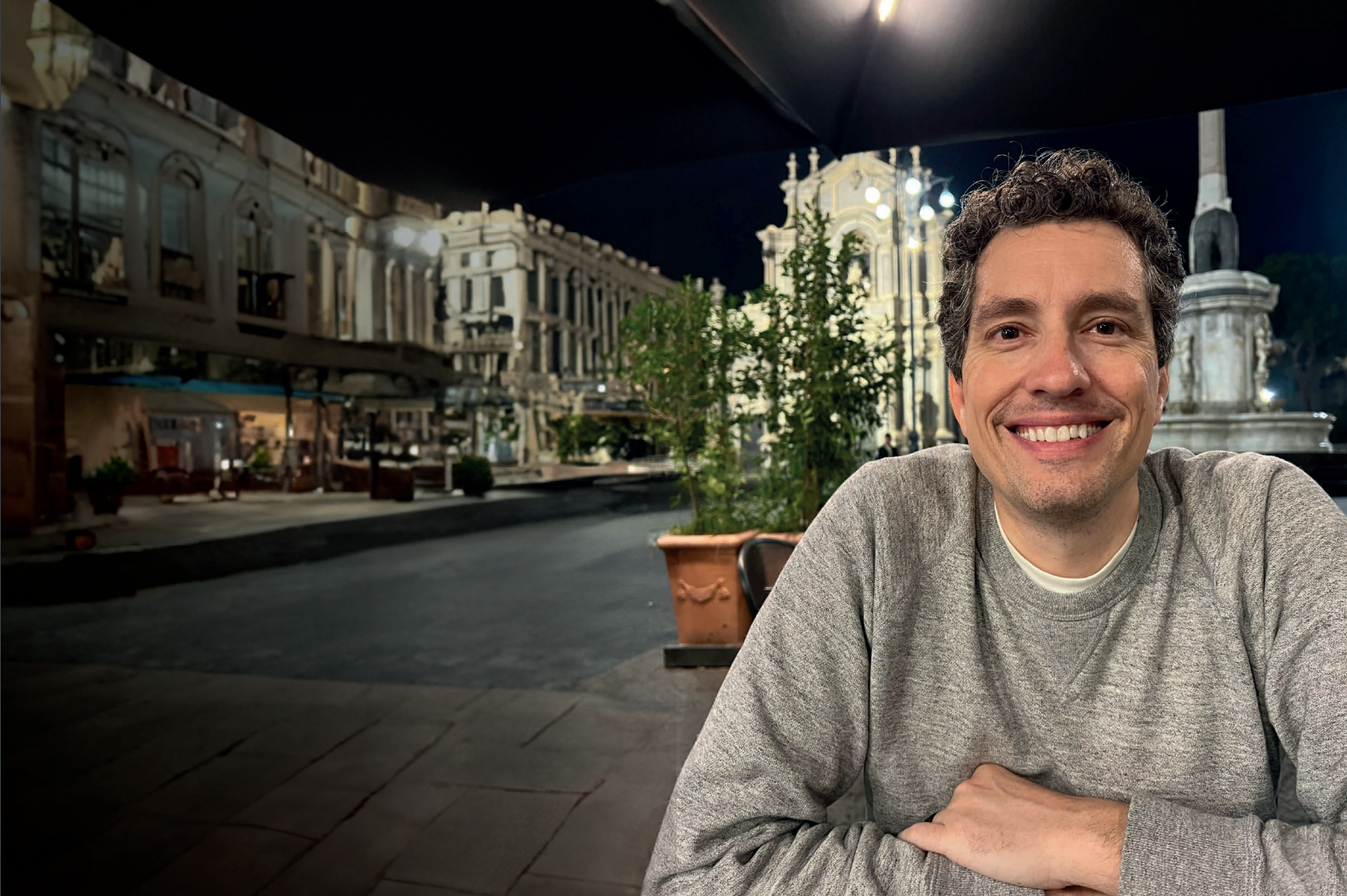
Steve Dispensa began his EMBA around the time that Microsoft acquired PhoneFactor, the IT security company he had co-founded five years before. This doesn’t look like a coincidence – it appears to be a well-timed preparation for an executive role in a much larger firm. Remarkably, however, it was.
“I had been a co-founder of PhoneFactor, and I had co-founded a prior company called Positive Networks at the end of 2000, early 01. After 10 years of running these companies, I realized I was probably going to be doing this for a long time, and so I should probably learn what I’m doing.”
He took the first phone call from Microsoft shortly after the first module of the Program for Executive Development (PED, at the time the foundation course for the EMBA) and the deal was negotiated during the second.
For a US technology startup founder to choose a European business school is unusual. Steve has a stepfather who is Swiss, and had visited the country often, which gave him a familiarity. He wanted global experience and, like many alumni, identified that IMD is exceptionally diverse in its faculty and course participants. He also wanted a rounded business education. “As a tech entrepreneur, if you go to business school in the United States, you can get a very tech-focused program. I was looking for more than that.”
An in-depth discussion, in a social setting not a classroom, with a fellow course participant from Nestlé, left a lasting impression. The subject matter was the challenge in scaling up an organization. “He was talking about… assessing leaders and assessing the team, and trying to decide the right diagnosis for that team, and how to take it forward.”
Although the conversation was just an introduction to the challenge, it gave him the subject headings, which he could use as prompts for deeper inquiry in his later roles. “That is a conversation that I still think about.”
“The whole conversation that we had at IMD around leadership through influence was foundational.”
He describes himself as eager for the opportunity “to be in a class where I was one of the few – very few, in fact, Americans, and in a class that was populated by folks from around the world.”
A vivid memory from his Lausanne days is watching Spain versus Italy in the football (soccer) Euros in 2012, together with Italian supporters. Sadly for his entourage, Spain prevailed, but being able to feel, as much as observe, the passion aroused was a tangible experience of a different culture.
The experience of this diversity helped directly in the transition to managing much larger teams in Microsoft. “Coming into a company with hundreds of thousands of people, I really drew heavily on skills I learned, both explicitly in leadership development classes and implicitly, just by being in such an amazing, diverse group of people [to help me] meet people where they are and to be able to communicate with them effectively.”
In the digital era, a large, complex organization cannot be run by a single chain of command running from a super-powerful CEO. You need a leadership cadre. You need to understand that culture shapes both strategic adaptability and ability to execute. Copilot, Microsoft’s AI assistant, was developed in a matter of a few months using semi-autonomous teams. “The whole conversation that we had at IMD around leadership through influence, and leadership of leaders, was foundational.”
For any senior executive, there is a risk of losing touch with operations and the tech itself. He still teaches himself how things work, even if it is not of direct relevance to the current role. “I like to tell people that you have to have some dirt under your fingernails, because the world just moves so fast.” He may piece together an AI application using Microsoft Azure Open AI, or do some coding. “I want to understand how it works at the level that an engineer would, so I can represent the technology well.”
“I really was eager for the opportunity to be in a class where I was one of the few Americans.”
Steve is of the generation inspired by some of the earliest home computers, in his case a Commodore 64. He recalls the excitement at being able to connect with other computer users. “The first time that I got a computer connected and started seeing other people online, it was one of those moments where you can see that the world was changing.”
As well as being on the internet before the days of the web, he was early to identify the importance of online security. His two startups, Positive Networks and PhoneFactor, were both in this space. PhoneFactor was a pure authentication service. An automated call to your cell phone upon logging in replaced a system of key chain fobs. This then evolved to text messages to send notifications and then to authenticator apps.
So does he view himself as a techie who can lead, or a leader who knows about tech? He thinks about this. On balance, after more than a decade at Microsoft, he would opt for the latter description – arrived at with the help of long discussions about strategy and scaling, and watching the football (soccer) while living in the European Alps.


